Andhra Pradesh Matrimony
by iMarriagesAndhra Pradesh matrimony site.
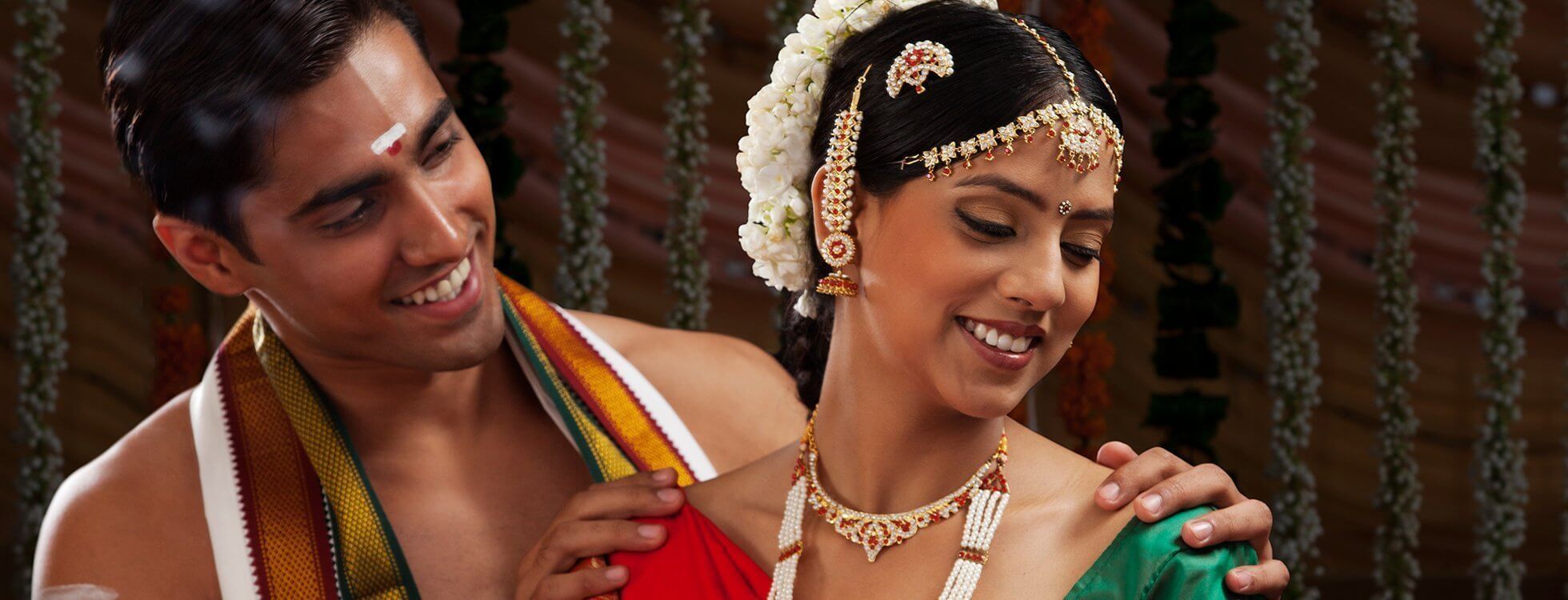

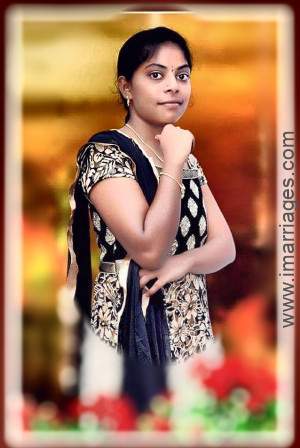
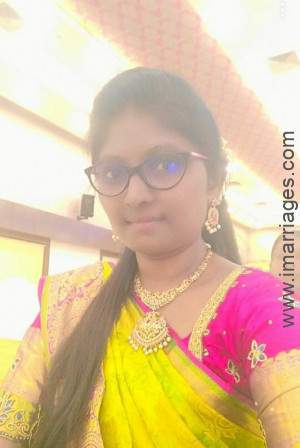
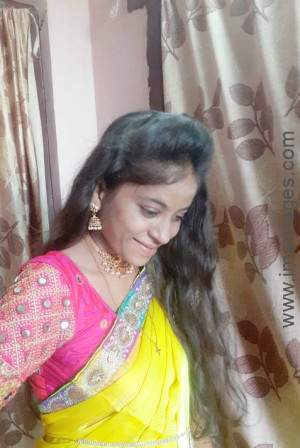
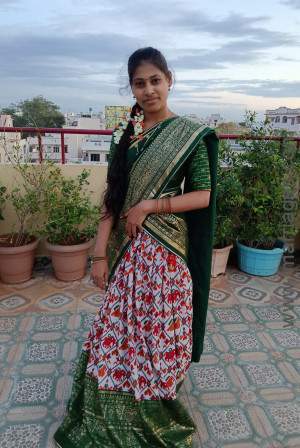
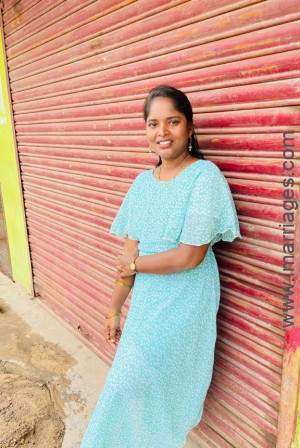
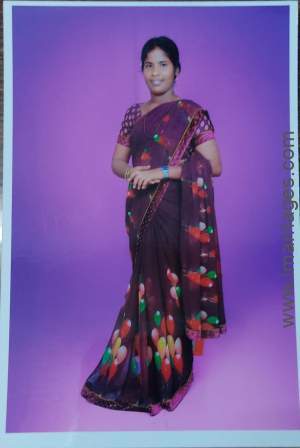
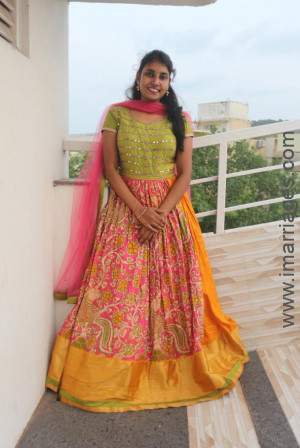
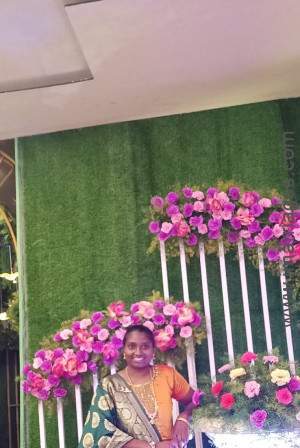
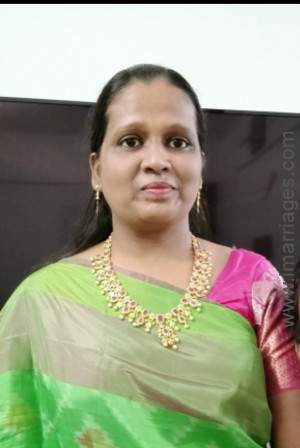
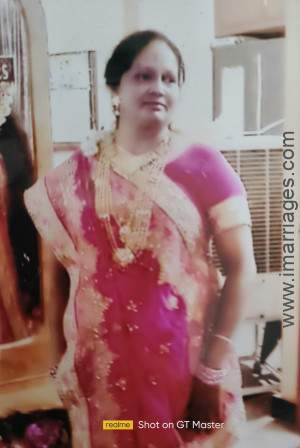
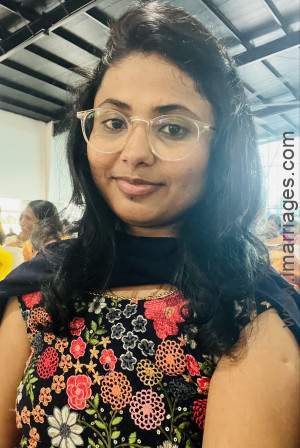
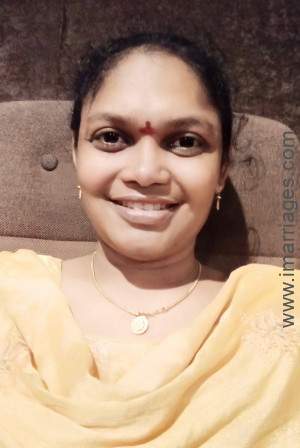
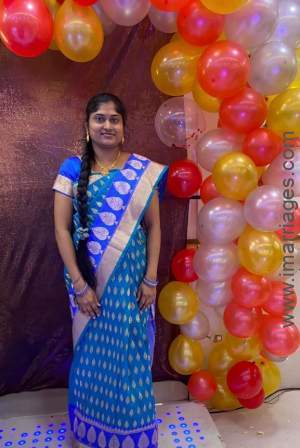

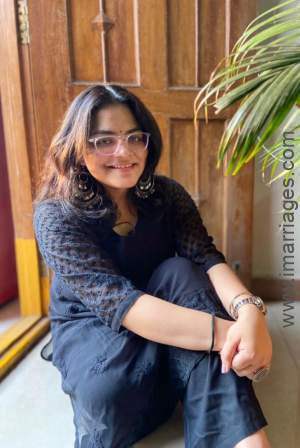
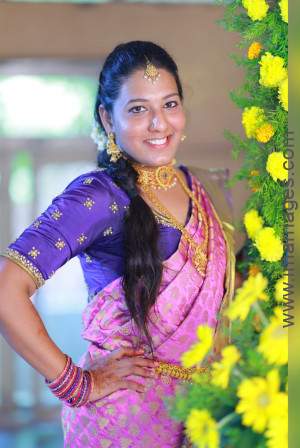
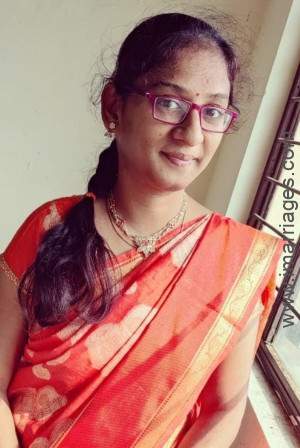
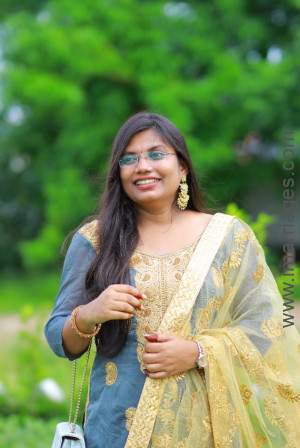


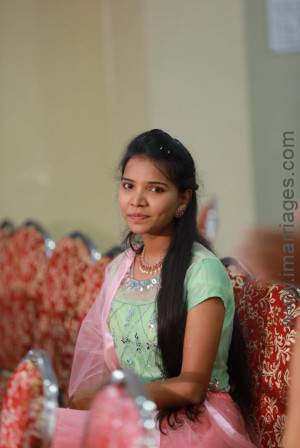


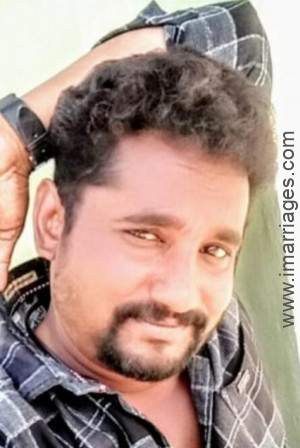
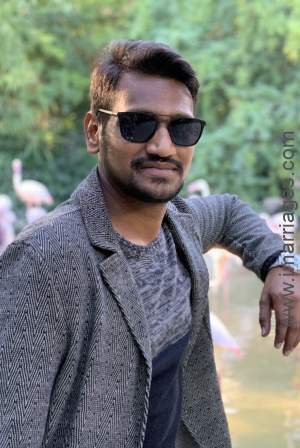
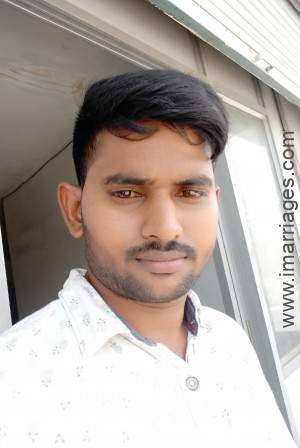


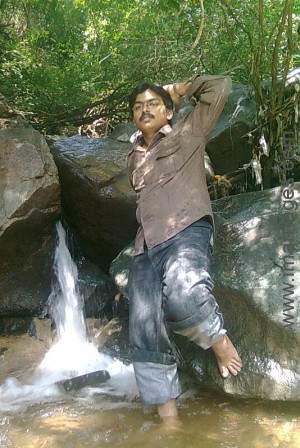


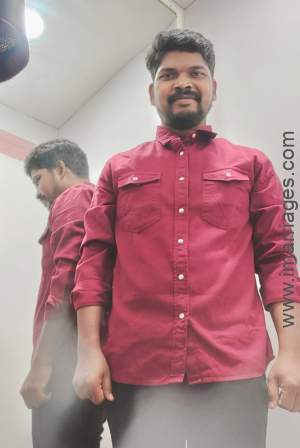
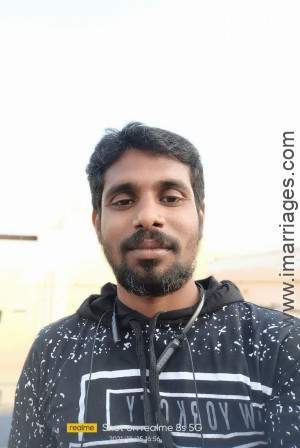
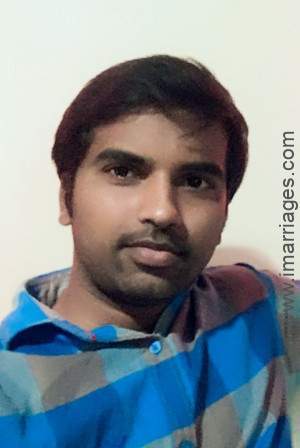

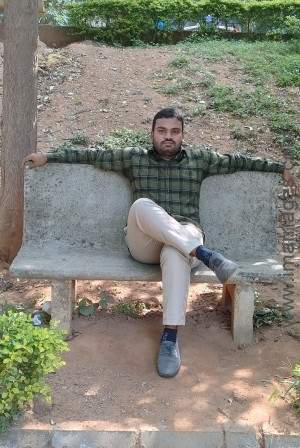

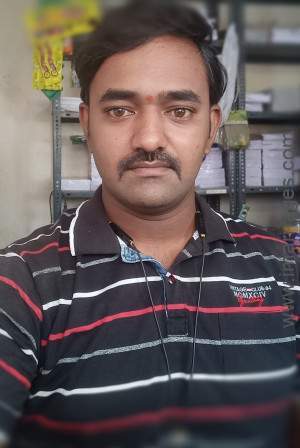
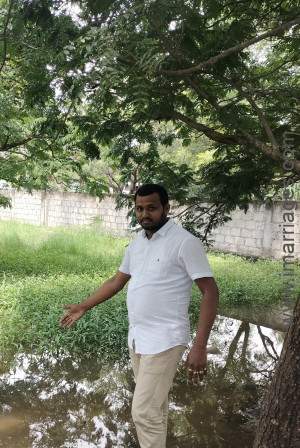

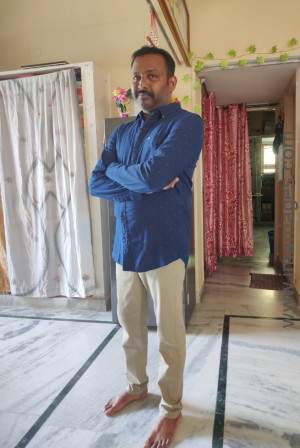
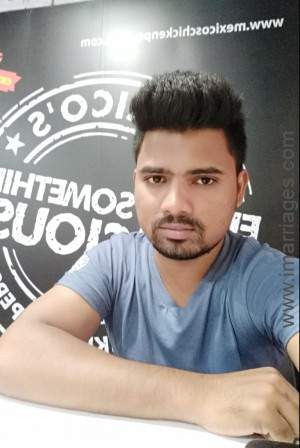

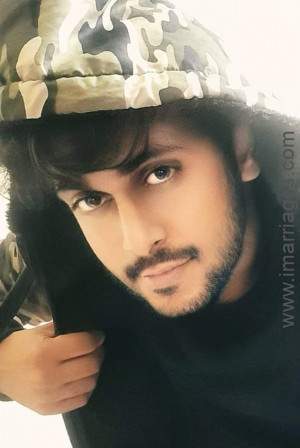
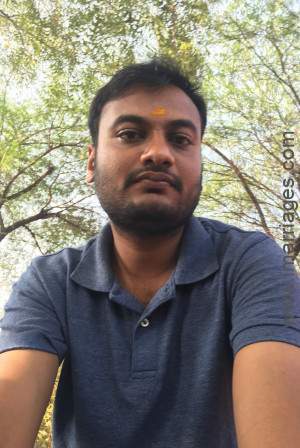
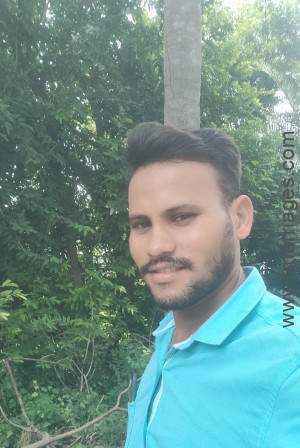

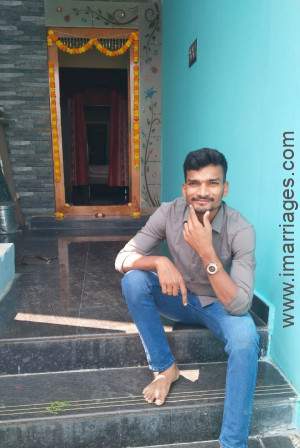
Welcome to Andhra Pradesh Matrimony by iMarriages, a free matrimony portal for singles in Andhra Pradesh who are ready to seek their life partner.
Here are some of our features:
Andhra Pradesh is known for its amazing natural beauty and the peace-loving people. Just like the beautiful ambiance of this state, the Andhra Pradesh matrimonial ceremonies are also worth visiting. It's a simple and elegant affair rather than a pomp and show. Demographically, the population is 90.87% Hindu, 7.32% Muslim with the remaining 2% Christian, Sikh and others.
So, for having a better understanding of Andhra Pradesh matrimonial ceremonies, let's take a look at the marriage rituals of the two main religions.
Hindu Marriage Rituals in Andhra Pradesh
Pre-Wedding Rituals
Nischitartham: This is first and the most significant wedding custom of Andhra Pradesh. It includes a formal engagement by exchanging of gifts, jewelry, clothes, fruits and sweets between both the families. This is followed by exchanging of rings between the couple and announcement of the wedding date.
Pendikoothuru Ritual: A paste of turmeric and oil is applied by married women to both bride and groom. After completing this ceremony, they are required to take bath and wear new clothes.
Snathakam: This ceremony is conducted at groom's house. In this ritual, the groom is made to wear silver thread which indicates that he is now mature and wants to become a family man.
Kashi Yatra: After Snathakam, the groom pretends that he is off to Kashi for a holy pilgrimage and is not interested in any worldly pleasure. He is stopped by the bride's brother who then convinces him to marry his sister.
Wedding Day Rituals
Mangal Snanam: It is conducted on the dawn of the wedding day. In this ritual, the bride and groom take a sacred bath before proceeding to perform the rest of the sacred rituals.
Aarti: Oil is applied to the bride's and groom's body in their respective homes. Following this, an aarti and prayer are performed to ensure a happy and prosperous married life of the couple.
Gauri Puja: During this ritual, the bride offers prayers to Goddess Gauri and seeks her blessing for long and prosperous married life.
Ganesh Puja: After the arrival of the groom at the wedding mandap, he is supposed to perform the Ganesh puja till the bride arrives. This puja signifies to seek blessings of Lord Ganesh to ward off all evils and obstacles during the marriage and in their life.
Bride's Entry: The bride enters the mandap accompanied by her maternal uncle. A curtain called as Antarpat is placed between the groom and the bride. The priest starts reciting the holy mantras. Following this, a paste of jeera and jaggery is applied by the bride and the groom on each other's hands from under curtain. This ritual is known as Jeerakalla-Bellamu. It signifies inseparable and unbreakable bond between them.
Madhuparkam: For this ritual, the bride wears a cotton saree with a red border and the groom wears a white cotton dhoti with a red border. This is the traditional Andhra wedding outfit of the bride and groom. After this, the Curtain is removed and the groom ties Mangalsutra around the bride's neck.
Kanyadan Akshata and Saptapadi: The bride and groom exchange flower garlands and they are showered with flowers and yellow color rice. This is called Kanya Daan Akshata ceremony. Following this, the Saptapadi ritual takes place during which the couple takes the seven rounds around the holy fire while taking the sacred wedding vows. Then the groom puts a silver toe ring in bride's toe. This ritual is called Sthaalipaakam.
Post Wedding Rituals
At the conclusion of all the wedding ceremonies, the bride leaves for her spousal house after waving a tearful goodbye to her family. The newlywed couple is welcomed by groom's mother by performing a traditional aarti. The first entry of bride at her husband's house is known as the Grihapravesh ceremony.
Muslim Marriage Rituals in Andhra Pradesh
Pre-Wedding Rituals
Salatul Ishtikara: Arranged marriages are prevalent among Andhra's Muslims.after finalizing the alliance the elders of the families intimate the Imam of the nearby mosque. He then performs a special prayer to seek Allah's consent for the intended union and asks Him to bless the future couple.
Imam Zamin: This ritual signifies the formal acceptance of the bride by the groom's mother by tying gold and silver coins in her wrist.
Mangni: This is a formal engagement ceremony between the bride and groom and their respective families. It includes exchanging of gifts between the families followed by ring ceremony between couple.
Mehendi: This is an elaborate ritual involving the application of henna paste on bride's hand. This ritual is known as Mehendi. Henna is a symbol of good luck for the bride.
Sanchaq: The groom's family visit the bride's place along with the gifts of sweets, fruits etc.and the bridal outfit to be worn at the time of the Nikah.
Wedding Day Rituals
Baraat: The groom sets off in a beautifully decorated car with his procession for the wedding venue. This procession is known as Barrat.
Nikah: The Wedding or Nikah ceremony is officiated by the Maulvi. The groom's family presents the bride with Mehr (a pre-decided amount of cash) to seek her consent for marrying the groom. The Maulvi starts the Nikah proceeding by first reciting a prayer from the Quraan. Next, he asks the bride if she is consenting to marry the groom by accepting the Mehr. Then the Maulvi moves on to the groom and repeats the procedure. This ritual is known as Ijab-e-Qubool. This is followed by the signing of the Nikahnama or marriage contract.
Arsi Mushraf: After signing the Nikahnama the couple is allowed to see each other through a mirror kept between the bride and the groom with a holy Quran placed on its top. The couple has to look in the mirror where they can see the reflection of their spouses.
Post-Wedding Rituals
Rukhsat: This is similar to vidai of Hindu marriages. The bride sets off for her husband's house where she is extended a warm welcome by her mother-in-law. As a gesture of welcome as well as a reminder of her duties, the Holy Quran is placed on her head.
Walimah: The ceremony of Walimah marks the public declaration of the marriage and is similar to the reception in Hindu marriages.
Chauthi: On the fourth day of the wedding, the bride visits her paternal home accompanied by her husband. They are treated with lavish lunch and various gifts.
Popular cities within Andhra Pradesh are below:
Adilabad Anantapur Chittoor Guntur Hyderabad Kadapa Kakinada Karimnagar Khammam Kurnool Machilipatnam Mahbubnagar Nalgonda Nellore Nizamabad Ongole Rajahmundry Rangareddi Sangareddi Srikakulam Tirupati Vijayawada Visakhapatnam Vizianagaram Warangal